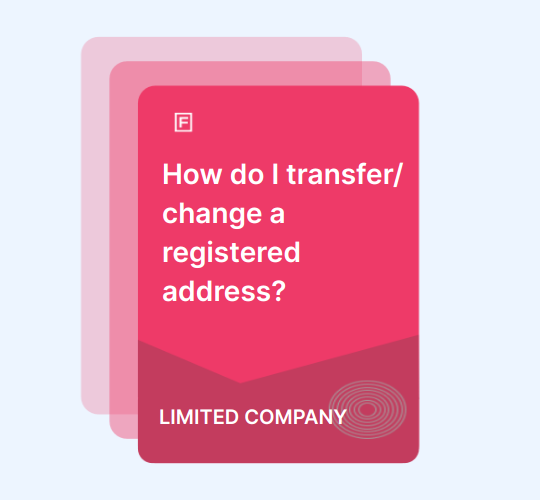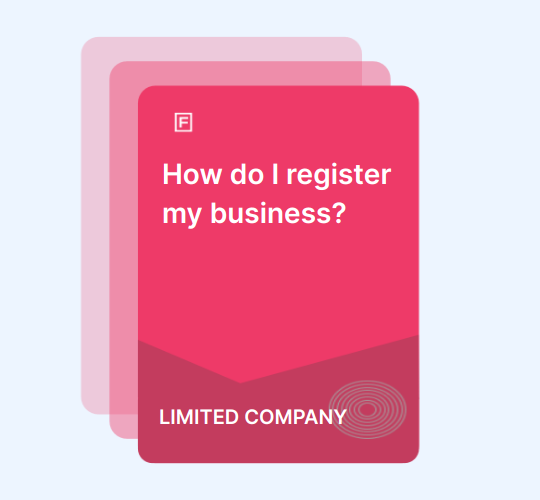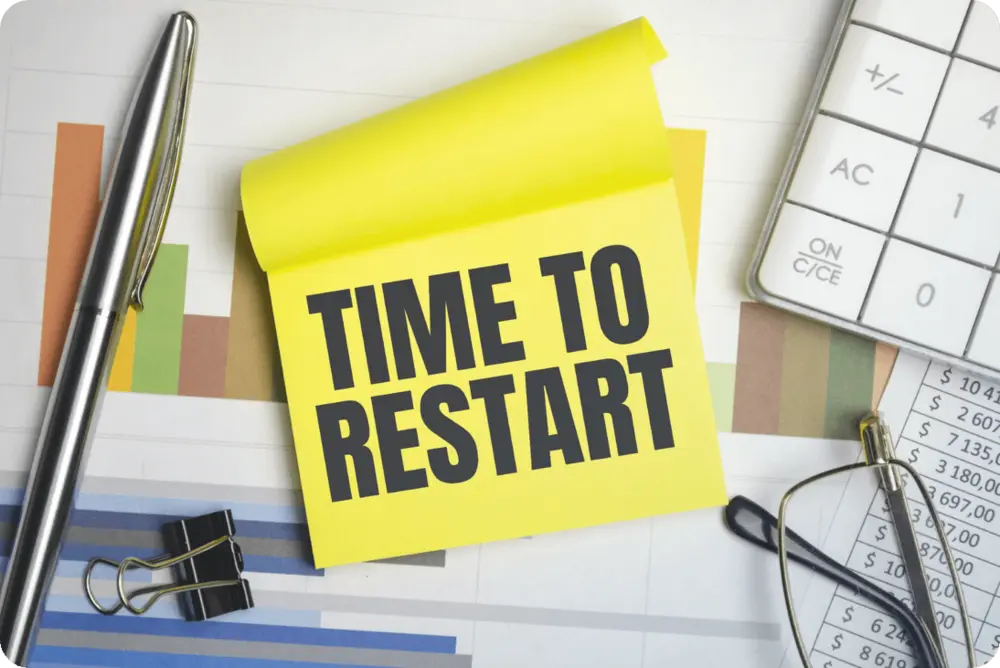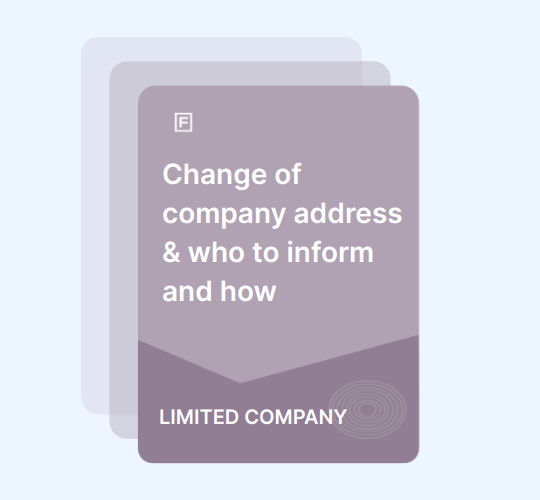

Registering as a Self Employed
From starting your side business to going freelance full-time, becoming self-employed can feel scary and exciting all at once.
Before you jump right in, you need to ensure that you're staying on the right side of the law - and this begins with registering as self-employed with HMRC.
In doing so, you can be sure that you're paying the right amount of income tax and National Insurance Contributions, and thereby avoid paying unnecessary financial penalties.
Ready to get started? We've got all the information you need below:
What does it Mean to be Self-employed?
While it's pretty straightforward for most people, there are instances where your employment status isn't obvious. You're likely to be self-employed if the following factors apply:
- You run your own business
- You're able to decide when and how you work, as well as what you work on
- You have the option of hiring other people
- You have more than one client or customer concurrently
- You aren't paid a regular wage or salary
- You receive income that isn't taxed under PAYE for goods or services you provide
It's also possible to be employed and self-employed at the same time, such as when you're doing freelance work on top of your day job.
Tip: If you're still unsure, check out the HMRC Employment Status Indicator tool. You'll be asked a series of questions to determine your employment status. You can also call up HMRC to ask about your employment status.
When Do I Need to Register as Self-employed?
You need to register as soon as you become self-employed. It doesn't matter if you haven't yet found work or brought in income, as HMRC considers your business to be in operation the moment you start actively seeking work-such as when you begin your marketing activities.
If you fail to register within three months of starting your business, you'll be charged a fine of £100. Further delays may result in additional penalties.
How Do I Register as Self-employed?
You'll need to register as self-employed if you're setting up as a sole trader or partnership.
You won't need to register if you're setting up a limited company, as you'll be considered as both the owner and an employee of the business. This process is more complicated, and we'll cover this in a separate article on setting up a limited company.
As a sole trader, you can register:
- Online: Fill in this form if you've sent a return online before. If you haven't sent a return online previously, you'll need to register first.
- Or by post: Fill up this form, print it out and then post it to HMRC.
If you're setting up a partnership, you can register:
- Online: Use the online form service
- Or by post: You can register the partnership using form SA400. Use form SA401 to register as a partner.
What Happens After You Register as Self-employed?
As a self-employed individual, there are several key legal obligations you need to fulfil. These include:
Filing Your Self Assessment Tax Return
You'll need to file your Self Assessment tax return by 31st January each year. Consider availing self assessment service if you are not pro at tax obligations and doing it yourself.
Paying Your Taxes on Time
In addition to income tax, you'll also need to pay Class 2 and Class 4 National Insurance Contributions. These payments need to be made by 31st January and 31st July each year.
Maintaining Proper Records
Fulfilling other legal obligations, such as filing your tax return correctly is made easier when you maintain proper records. Be sure to keep track of all sales and income, expenses, as well as payroll records if you have employees.
Ensure that you've kept a copy of important documents-such as receipts, bank statements and invoices. After you've filed your tax return for a specific year, all relevant documents pertaining to that year must be kept for five years. That's because HMRC may ask to review these, and you can be fined for failing to keep records.
Do I get extra support with registering as self-employed if I have additional needs?
You can reach out to HMRC extra support team to get extra support if your health condition or personal circumstances make it difficult to contact. An individual may require extra support if he or she:
- Has dyslexia, autism or cognitive difficulties
- Has reduced mobility or physical disabilities
- Has sensory disabilities, like a visual, hearing or speech impairment
- Has mental health conditions, like depression, stress or anxiety
- Is experiencing financial hardship
- Is a victim of domestic abuse, including economic abuse
- Is hospitalised
HMRC can help in a variety of ways, including extending deadlines, providing information in a different format, organising an interpreter and more. Further information is available on Gov.uk’s extra support resource.
What insurance is required for the self-employed?
Professional indemnity insurance, public and product liability insurance, business contents insurance, employers’ liability insurance, management liability insurance and cyber insurance are some examples of covers that self-employed workers - such as freelancers, contractors and small business owners - typically need.
Your insurance needs will vary, depending on factors such as the type of work you do, whether you’re hiring employees or if your clients require you to have a certain type of insurance cover.
For instance, if you have employees, having employers’ liability insurance is mandatory in the UK. Or if you’re subcontractor for a primary contractor, you may be required to have public liability insurance.
If you need help with deciding on the type of cover you need, refer to our article on key questions you should ask yourself before you get business insurance.
Registering as self-employed in the construction industry
For self-employed registration in the construction industry, you must register for the Construction Industry Scheme (CIS) to make sure you are paying the right amount of tax. Construction workers who don’t register for CIS pay 30% tax instead of 20%.
How to Stop being Self employed?
Follow the below steps to stop being self-employed:
- Complete Outstanding Tax Obligations
- Deregister for Self-Assessment
- Complete and submit the Deregistration Form
- Wait for Confirmation by HMRC
- Update Your Records
- Cancel Other Business Registrations
The process of registering as self-employed with HMRC is fundamental to establishing a legal and compliant business. However, the nuances of taxation and financial obligations are complex. You can always contact our accountant for self-employed or book a free consultation to discuss your requirements. Our expertise can guide you through the complexities, making the registration process efficient and stage the way for a successful self-employed journey.
%20(2)%20(1).webp)
We can help you with registering a limited company, take home pay, London business address, a dedicated accountant, accounting software and all your company filing from only £75/mo.


















































